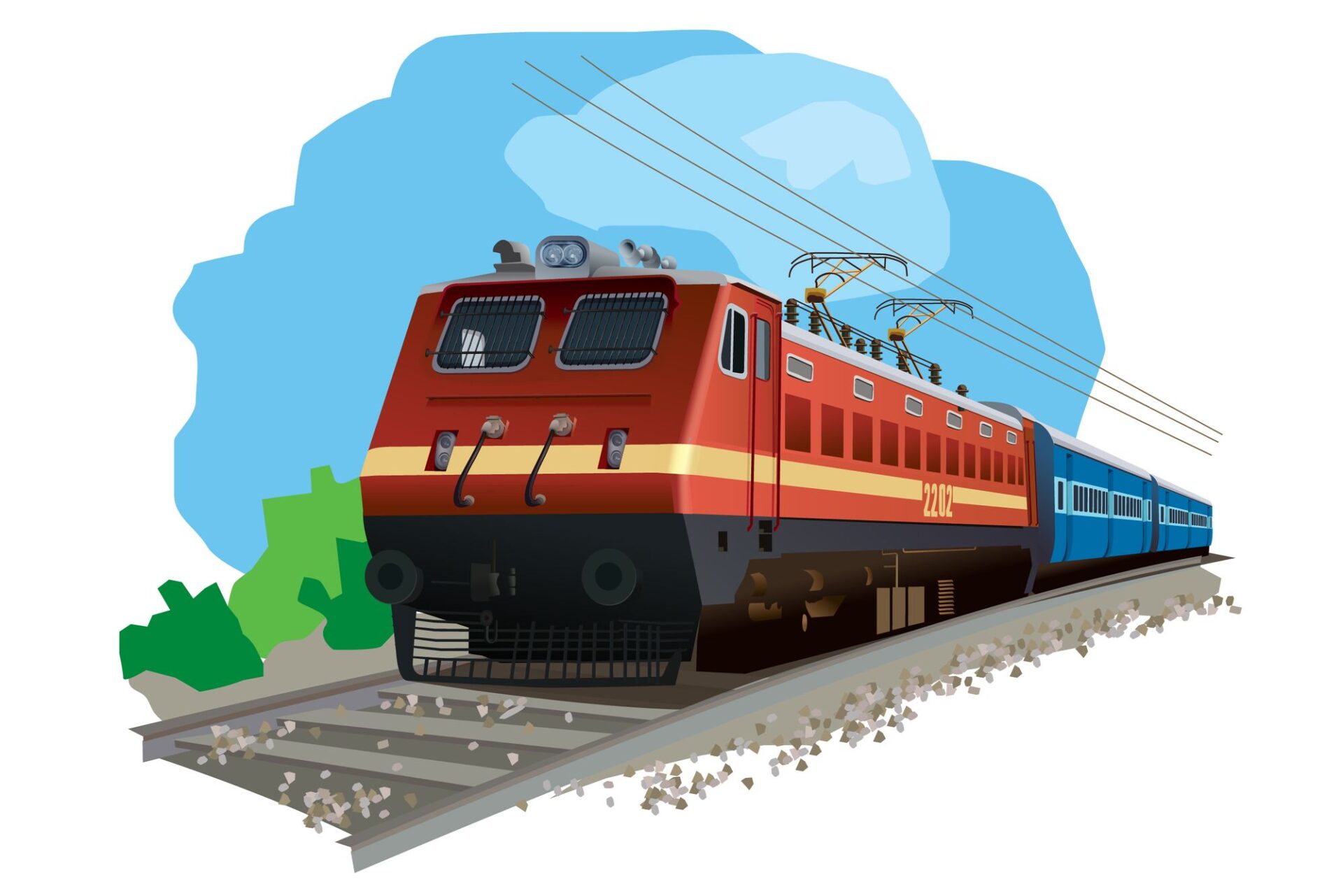The Indian Railways is undertaking a monumental effort to accommodate an anticipated influx of 30 to 50 crore devotees as the Kumbh Mela approaches, set to commence on January 12 in Prayagraj. To facilitate this pilgrimage, the Railway Ministry has announced plans to operate 992 special trains, a 42% increase compared to the previous Kumbh Mela in 2019, when 694 special trains were deployed to handle a turnout of over 24 crore attendees.
A substantial budget of Rs 933 crore has been allocated. This investment aims to improve railway amenities, which include the installation of additional accommodation units and medical facilities, as well as upgrading safety measures such as CCTV surveillance. Given the scale of the event, regular video conferences and meetings with senior officials are being held to ensure meticulous preparation. The logistical challenges posed by such a massive gathering are substantial. In addition to the special trains, 6,580 regular services will be running concurrently. This demand necessitates significant infrastructural enhancements, including the doubling of railway tracks in the Prayagraj Division and surrounding areas. This endeavour, estimated to cost around Rs 3,700 crore, is crucial for improving train frequency and reducing congestion. Work on new road overbridges is also underway, with an investment of approximately Rs 440 crore.
The completed doubling of lines between Varanasi and Jhusi is a notable achievement that promises to alleviate some of the operational strain. The operational Dedicated Freight Corridor will further streamline logistics, allowing for more efficient passenger train services by offloading freight operations to dedicated lines. While these enhancements are commendable, sustainability must be a focus. The increased usage of special trains helps reduce individual carbon footprints by encouraging communal travel. Furthermore, the integration of modern technology, such as CCTV and upgraded medical facilities, fosters a safer environment for pilgrims. However, ongoing investments must prioritise long-term sustainability strategies to mitigate the environmental impact of mass gatherings. As the Railway Ministry prepares for the spiritual convergence of millions, the success of these initiatives will be pivotal not only for operational efficiency but also for fostering a sustainable framework for future events.


